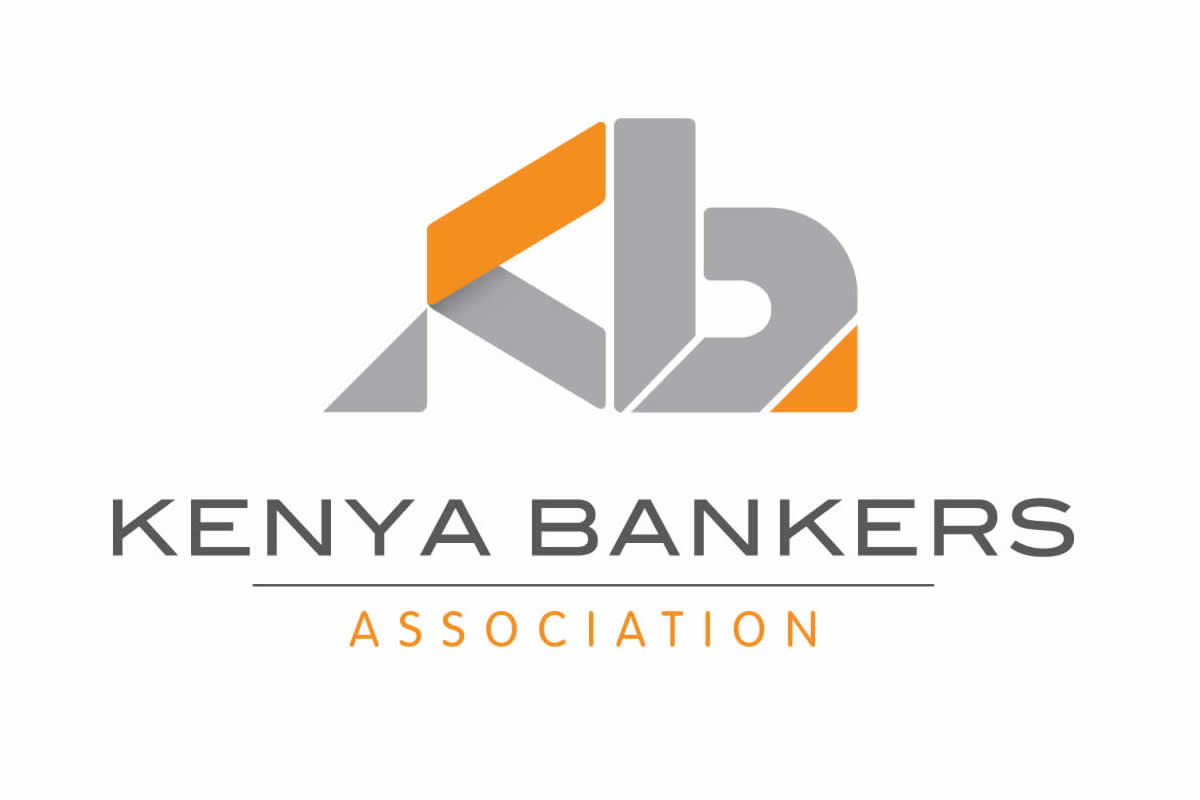- Bank CEOs Chat about Women in Business, Building Capacity of SMEs, and Islamic Banking
Nairobi, May 18th 2016 – The banking industry in Kenya has experienced tremendous changes in the last decade, leading to enhanced financial inclusion and efficiency; and harnessed small and medium-sized enterprises (SME) engagement practices and policies, living up to the global trends of convenience and alternative banking models. These developments will form the focus for the upcoming banking industry “CEO Chat” discussion that will be hosted by bank CEOs: Mwangi Githaiga (Kenya Women Microfinance Bank); Tim Gitonga (Equatorial Commercial Bank); and Fazal Mehmood Saib (First Community Bank).
“My Chat with a Bank CEO” (CEO Chat) is a month-long, Kenya Bankers Association (KBA) live Web quarterly event during which bank chief executives host online sessions, giving their views as well as both seeking and giving advice on the various topics based on bank customer feedback. Mwangi Githaiga, Kenya Women Microfinance Bank (KWFT) CEO, will host the first session, focusing on women in business on Friday, 18th May 2016 at 10am to 11am. The discussion will centre on the role of the banking industry in Kenya in enabling through product innovation and policies access to finance for women entrepreneurs and business owners; and how banks are building the business case for equal economic opportunities for both men and women. The following week, on Friday 27th May 2016, Tim Gitonga, Equatorial Commercial Bank (ECB) CEO, will host a session on building capacity of SMEs. The national economic development prospects of any country are hinged on the entrepreneurial energy of a vibrant SME sector. Supporting SME growth and competitiveness is, therefore, central to the banking industry’s sustainability strategy. Banks have a holistic approach to enhance SME competitiveness that offers solutions to address key challenges SMEs face. Key to enhancing development of SMEs is access to markets and access to finance. First Community Bank CEO, Fazal Saib, will round-up the quarter with a discussion on understanding Islamic Banking on Friday 3rd June 2016. Islamic Banking has grown rapidly across several regions and is systemically important in key economies. Indeed, the Islamic Banking sector has expanded globally by over 15 percent per annum during the last five years and its assets are estimated to exceed US$1.5 trillion. Moreover, while Islamic Banking is particularly large in many Muslim countries (and systemic in many countries including Iran, Sudan, Saudi Arabia, Kuwait and Qatar), there is an increasing interest in Islamic finance in non-Muslim countries like Kenya. According to the KBA CEO Habil Olaka, social media is an integral part of the banking industry communication strategy and customer engagement approach. KBA has been a champion of social media within the banking industry. In 2012, the industry umbrella body debuted the CEO Chat as the first-ever dialogue which saw bank CEOs interact with “mwanainchi” on topical issues via social media. Through KBA’s efforts, today most banks engage regularly with customers via social media platforms. “We continue to engage our stakeholders on social media to get a feel for what the banking public are saying about the industry as well as to clarify our position and there’s no better way to sound more human, and accessible, than for CEOs to be talking on social media,” said Mr. Olaka.
About the Kenya Bankers Association:
KBA is the banking industry’s umbrella body and financial sector’s leading advocacy group representing total assets in excess of Ksh3.7 trillion (USD 37 billion). Established in 1962, KBA has evolved and broadened its function to include advocacy on behalf of the banking industry, and championing financial sector development through strategic projects. KBA has undertaken major industrywide initiatives, including aligning standards on payments; promoting pricing transparency through the introduction of the Annual Percentage Rate framework (costofcredit.co.ke); and the modernization of the National Payments System through the Automated Clearing House, which KBA owns and operates. In line with the Government’s policy on public-private partnerships, the Association has implemented key milestone projects, including partnering with Central Bank of Kenya on the Real Time Gross Settlement System (RTGS), and the Kenya Credit Information Sharing Initiative, which introduced the use of information collateral provided by credit reference bureaus to enhance credit access for borrowers.


